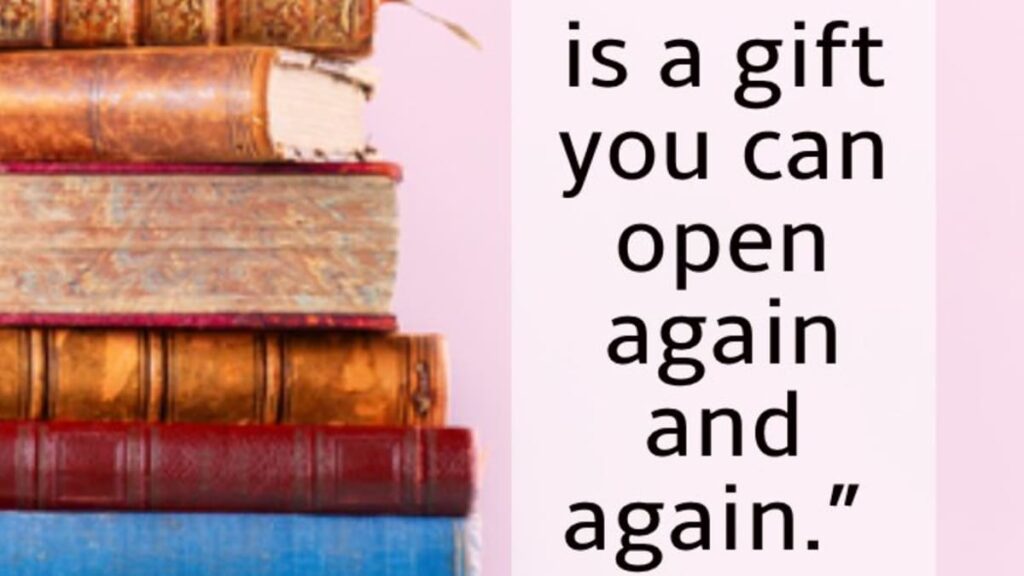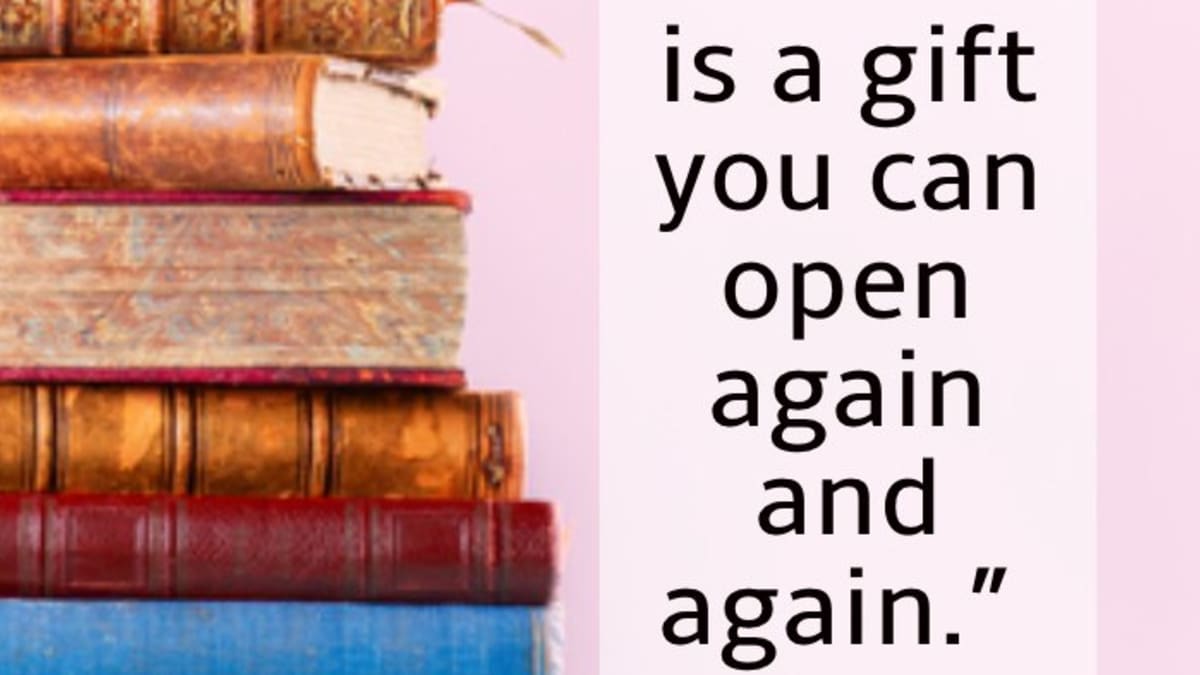
Hots Quotes: Exploring the Power and Impact of Compelling Words
In a world saturated with information, the ability to capture attention and convey meaning succinctly is more valuable than ever. This is where the power of hots quotes comes into play. These aren’t just random sayings; they are carefully crafted expressions that resonate deeply, spark conversation, and sometimes even change the course of history. Whether found in literature, speeches, or everyday conversations, hots quotes offer a glimpse into the human condition and the complexities of our world. This article delves into the significance of hots quotes, exploring their impact, analyzing their construction, and understanding why certain phrases endure while others fade into obscurity.
The Enduring Appeal of Hots Quotes
Why do certain phrases become ingrained in our collective consciousness while countless others are forgotten? The answer lies in a combination of factors, including relevance, emotional resonance, and the context in which the hots quotes are delivered. A truly impactful quote transcends its original setting and speaks to universal truths or experiences. It captures a sentiment that many people share but may not have been able to articulate themselves.
Consider, for instance, the famous line, “Ask not what your country can do for you – ask what you can do for your country,” delivered by John F. Kennedy. This quote, a cornerstone of his inaugural address, resonated with a generation seeking purpose and civic engagement. Its enduring appeal lies in its call to action and its emphasis on individual responsibility. Similarly, Maya Angelou’s “Still I Rise” encapsulates resilience and hope in the face of adversity, offering solace and inspiration to countless individuals.
The brevity of hots quotes also contributes to their memorability and shareability. In an age of information overload, people are drawn to concise statements that cut through the noise and deliver a clear message. Think of the impact of slogans like “Just Do It” or “Think Different” – short, punchy phrases that have become synonymous with entire brands and philosophies. These hots quotes are designed to be easily recalled and repeated, reinforcing their message and embedding them in popular culture.
Analyzing the Anatomy of Hots Quotes
What makes a quote “hot”? It’s not just about the words themselves, but also about how they are arranged and the rhetorical devices employed. Many impactful hots quotes utilize techniques such as metaphor, analogy, and parallelism to create a lasting impression.
Metaphor, for example, allows speakers and writers to convey complex ideas in a relatable and evocative way. Consider the phrase “All the world’s a stage,” from Shakespeare’s *As You Like It*. This metaphor compares life to a theatrical performance, inviting us to consider the roles we play and the fleeting nature of our existence. Analogy, on the other hand, draws comparisons between seemingly disparate things to highlight a shared characteristic. A hots quote that employs an analogy can help to clarify a complex concept or shed new light on a familiar situation.
Parallelism, the repetition of grammatical structures, can create a sense of rhythm and emphasis, making a quote more memorable and persuasive. Martin Luther King Jr.’s “I Have a Dream” speech is a masterclass in the use of parallelism, with phrases like “I have a dream that one day…” repeated throughout to build momentum and reinforce his vision of equality. The use of these rhetorical devices elevates a simple statement into a powerful and enduring message that exemplifies hots quotes.
The Power of Context: How Circumstances Shape Hots Quotes
The impact of a hots quote is often inextricably linked to the context in which it is delivered. A phrase that might seem unremarkable in one situation can become incredibly powerful when uttered at a pivotal moment in history or in response to a specific event. The words themselves may be potent, but their meaning is amplified by the circumstances surrounding their utterance.
Consider Winston Churchill’s famous declaration, “We shall fight on the beaches.” Spoken during the darkest days of World War II, this hots quote rallied the British people and galvanized their resolve to resist Nazi aggression. The power of these words stemmed not only from their inherent strength but also from the desperate situation in which they were spoken. They offered a message of defiance and hope at a time when both were in short supply.
Similarly, the phrase “Black Lives Matter” has gained immense significance in recent years, becoming a rallying cry for social justice and racial equality. While the words themselves are simple, their impact is profound, reflecting a growing awareness of systemic racism and a demand for change. The context in which this hots quote is used – protests, political debates, social media campaigns – amplifies its meaning and contributes to its power.
Hots Quotes in the Digital Age
In the age of social media, hots quotes have taken on a new life. Platforms like Twitter, Instagram, and Facebook provide fertile ground for the dissemination of pithy sayings and inspirational messages. The ability to share quotes with a single click has made them a ubiquitous part of online culture, contributing to their virality and reach. But how does the digital landscape affect the creation and interpretation of hots quotes?
One key difference is the speed at which quotes can spread online. A phrase that resonates with a particular audience can quickly go viral, reaching millions of people in a matter of hours. This rapid dissemination can amplify the impact of a hots quote, but it can also lead to misinterpretations and distortions. The lack of context in many online settings can make it difficult to fully understand the nuances of a quote, leading to misunderstandings and even controversy.
Another factor to consider is the rise of quote generators and meme culture. These tools allow users to create their own hots quotes, often with humorous or satirical intent. While these creations may not have the same lasting impact as those from historical figures or literary giants, they can still offer valuable insights into contemporary culture and values. They reflect the way we communicate and express ourselves in the digital age, showcasing the ongoing evolution of language and meaning.
The Enduring Legacy of Hots Quotes
From ancient proverbs to modern-day slogans, hots quotes have played a vital role in shaping our understanding of the world and our place within it. They offer glimpses into the minds of great thinkers, inspire us to action, and provide comfort in times of need. Whether found in books, speeches, or online forums, these concise expressions of wisdom and insight continue to resonate with audiences across generations.
As we navigate the complexities of the 21st century, the power of hots quotes remains undiminished. In a world of constant change and overwhelming information, the ability to distill complex ideas into memorable phrases is more important than ever. By understanding the anatomy of hots quotes, the role of context, and the impact of the digital age, we can better appreciate their enduring legacy and harness their power to communicate, inspire, and connect with others. The best hots quotes are not just words; they are seeds of ideas that can grow and flourish, shaping the world around us for years to come. [See also: Famous Quotes on Success] [See also: Inspirational Quotes for Difficult Times] [See also: The Power of Words in Leadership]
In conclusion, the study of hots quotes offers a fascinating window into the human experience. They are a testament to the power of language, the enduring appeal of wisdom, and the importance of context. As we continue to create and share these concise expressions of thought, we contribute to a collective understanding of ourselves and the world around us. The legacy of hots quotes will continue to inspire, challenge, and shape our perspectives for generations to come.

